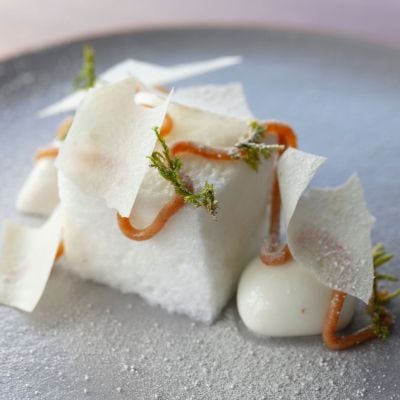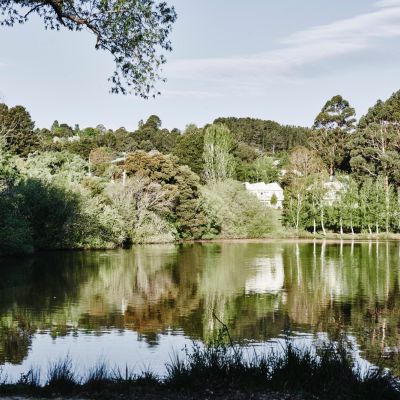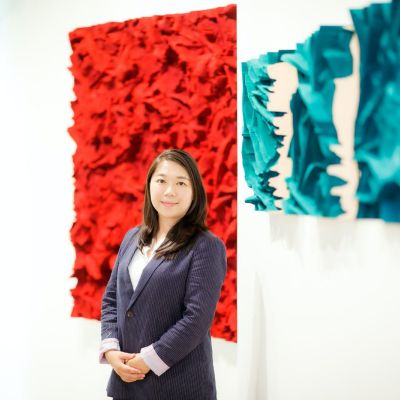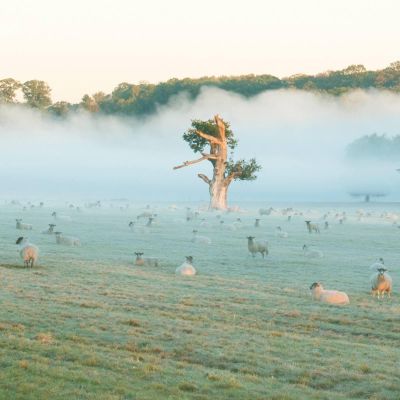The Beauty of Bees
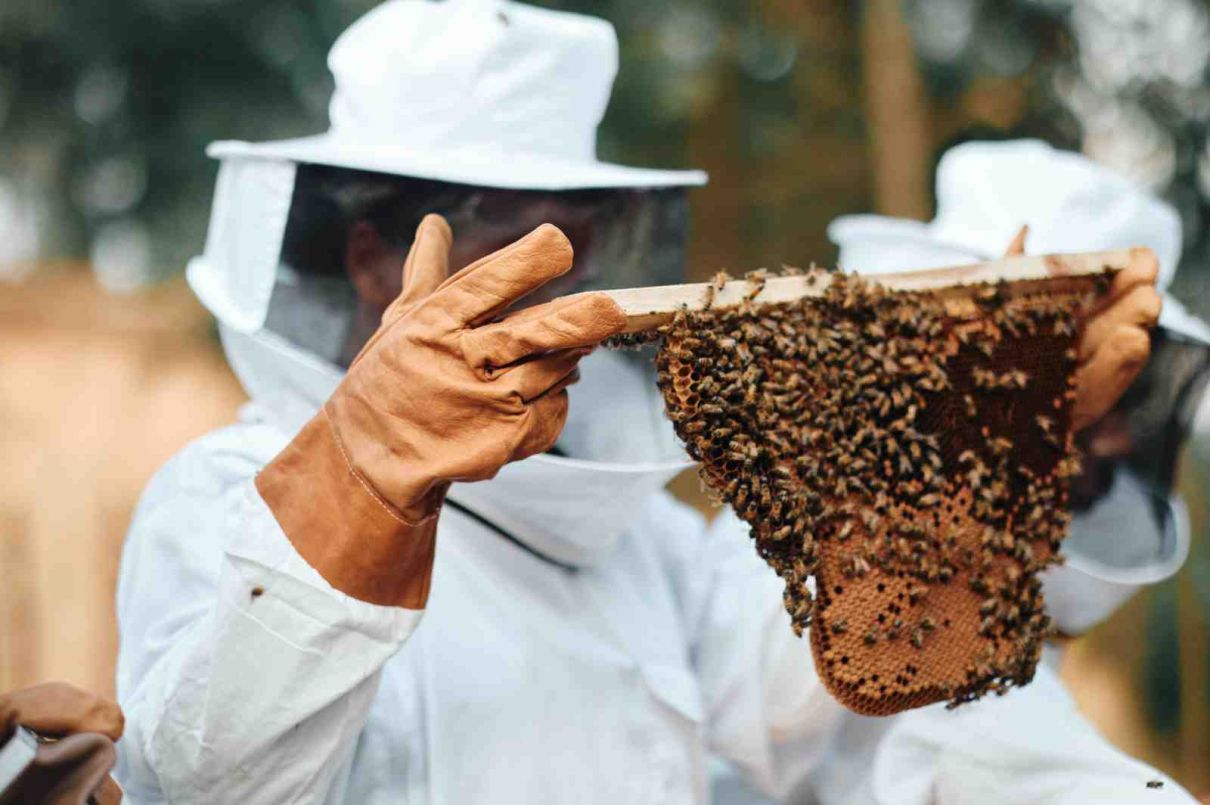
A beekeeping programme is changing the lives of women and their families in Rwanda.
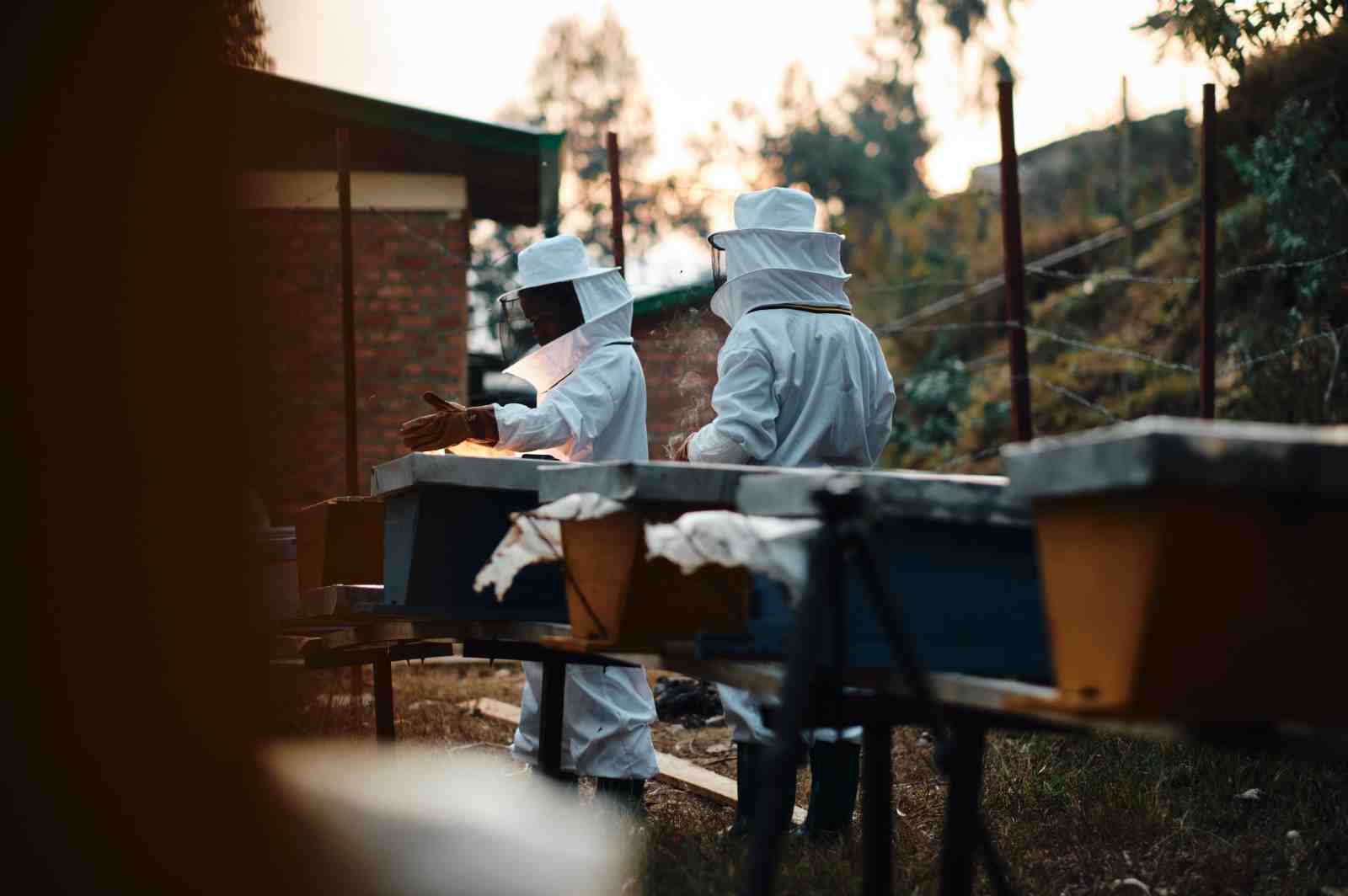
The Gishwati-Mukura Landscape Biosphere Reserve is in the northwestern part of Rwanda, where two landscapes, Gishwati and Mukura, are connected by a 70km-long corridor. Some 338,000 people live in the area, primarily earning their income from agriculture and agroforestry.
The Biosphere Reserve is known for its population of Eastern chimpanzees and lush forests. It is less well known for its large colonies of wild honeybees. Beekeeping is an important part of the Rwandan economy, but it has long been primarily a male domain, part of subsistence farming and for home consumption and small-scale medicinal use.
Things are changing. A cohort of 33 Rwandan women just graduated as pioneering female beekeepers of the area, thanks to six months of intensive training and funding supplied by Unesco and French beauty brand Guerlain.
“Beekeeping inspires me to think big, and through it, I know I can achieve significant challenges,” says Emilienne Mukasine, one of the beekeeping graduates.
The Unesco and Guerlain beekeeping programme was launched in 2020 with actor, filmmaker and humanitarian activist Angelina Jolie as its poster girl, helping promote its objectives of women’s empowerment and biodiversity conservation and sustainable use.
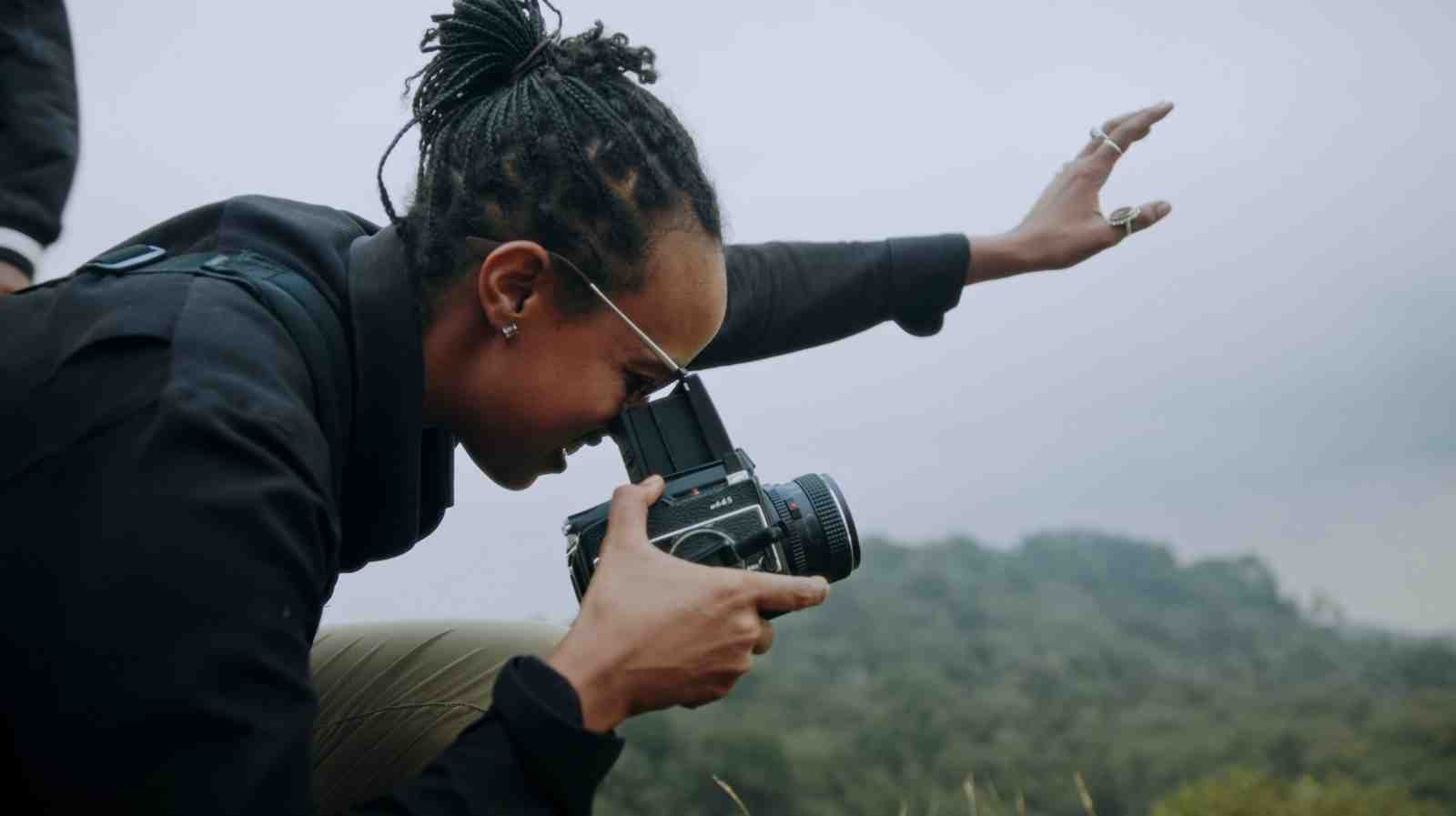
Focusing on the welfare and maintenance of bees, the programme aims to enable women’s empowerment on the path to financial autonomy and emancipation, which, in turn, allows them to significantly improve their daily lives, as well as support their families. It also aims to raise awareness of the importance of all bee species as pollinators, bearing in mind that animals play a major part in the pollination of 90 per cent of the planet’s wildflowers.
“When women gain skills and knowledge their instinct is to help raise others. I hope the training will strengthen their independence, their livelihoods and their communities,” says Jolie.
Audrey Azoulay, director-general of Unesco, went to the reserve in September 2023. She said that one key outcome of the programme for these women is a deeper understanding of bee biology and the acquisition of modern beekeeping knowledge and skills. “With this support, combined with their entrepreneurial spirit propelling them forward, these women will be able to leverage resources generated from beekeeping as a practice beyond just the production of honey; they will benefit from the pollination process within their agricultural environment and be able to develop other bee products or establish an ecotourism network.”
Tracy Keza, a Rwandan artist and documentary maker, went out to the biosphere to photograph the new beekeeping graduates.
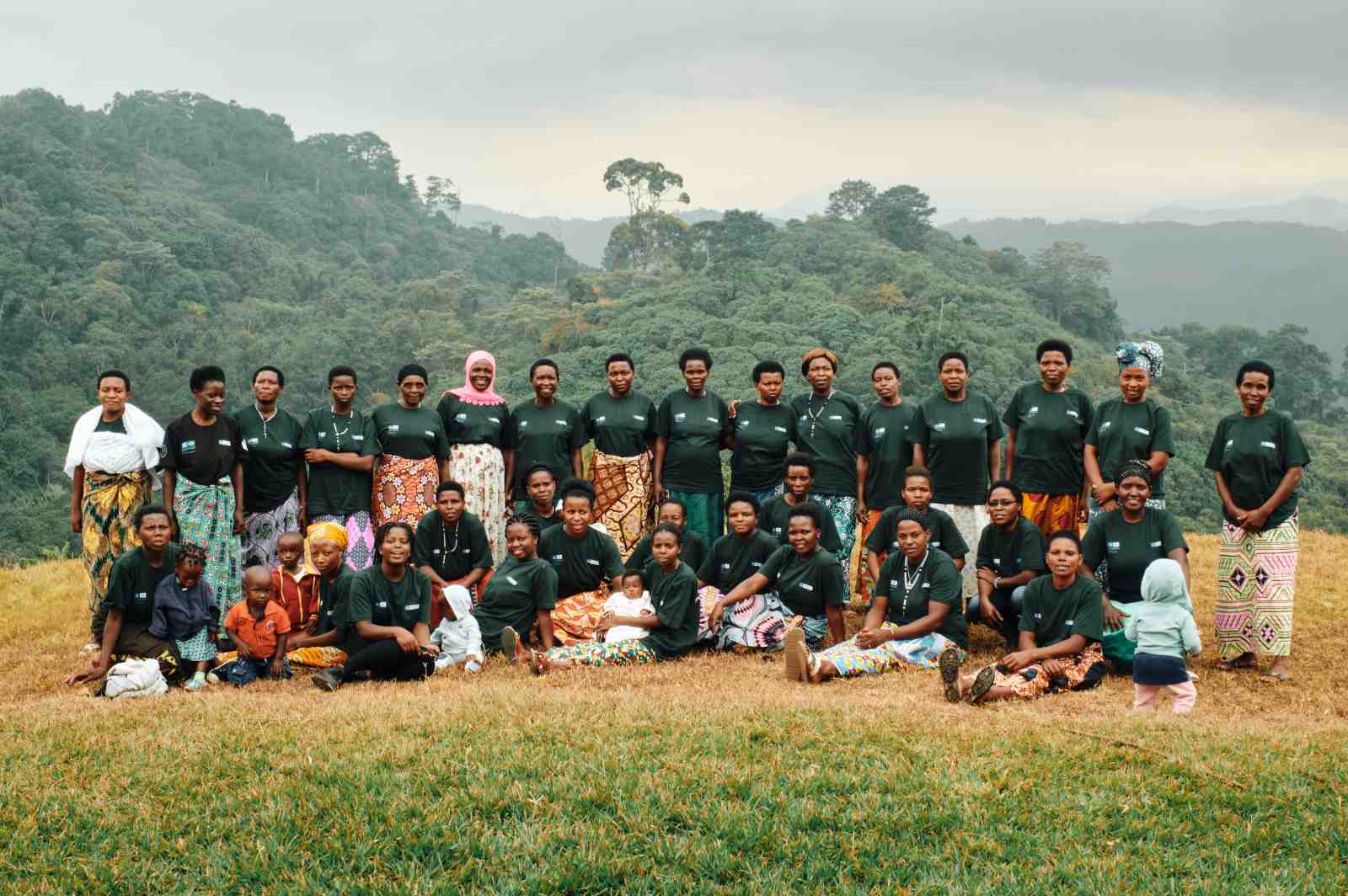
“Being able to document the conservation of bees that are native to Rwanda, by 33 female beekeepers, set against the majestic Gishwati-Mukura landscape, has been nothing short of inspirational,” she says.
“During a ride from one of the main apiaries, I asked a beekeeper what she was most proud of. She answered: ‘I used to be afraid of being stung by the bees, but after being trained and understanding how to handle them, I’m able to use this knowledge to feed my family and look after the beehives with care.’ Without the dedication of these beekeepers, it would be difficult to assess just how important bees are to our ecosystem’s health, and to the very food systems that we rely on.”
In addition to the Unesco and Guerlain programme, Guerlain independently manages a range of beekeeping entrepreneurship programmes in partnership with local NGOs. Next year, the Women for Bees programme will expand into China.
The honey production in the Gishwati-Mukura Biosphere is currently small. The Rwandan government set up Rutsiro Honey, a honey-processing centre located in the Gishwati-Mukura National Park site, in 2017. This has been entirely managed by the local beekeeper’s union ever since. The centre has been instrumental in helping local beekeepers consistently access the market by purchasing their honey products at a fair price.
For the moment, Rutsiro Honey only operates at approximately 23 per cent of its capacity due to low honey supply. This means that the journey is only beginning and, with the increasing demand for honey and its byproducts, is a testament to the opportunity that awaits.
This article originally appeared in Billionaire's Power of Women Issue. To subscribe click here.

